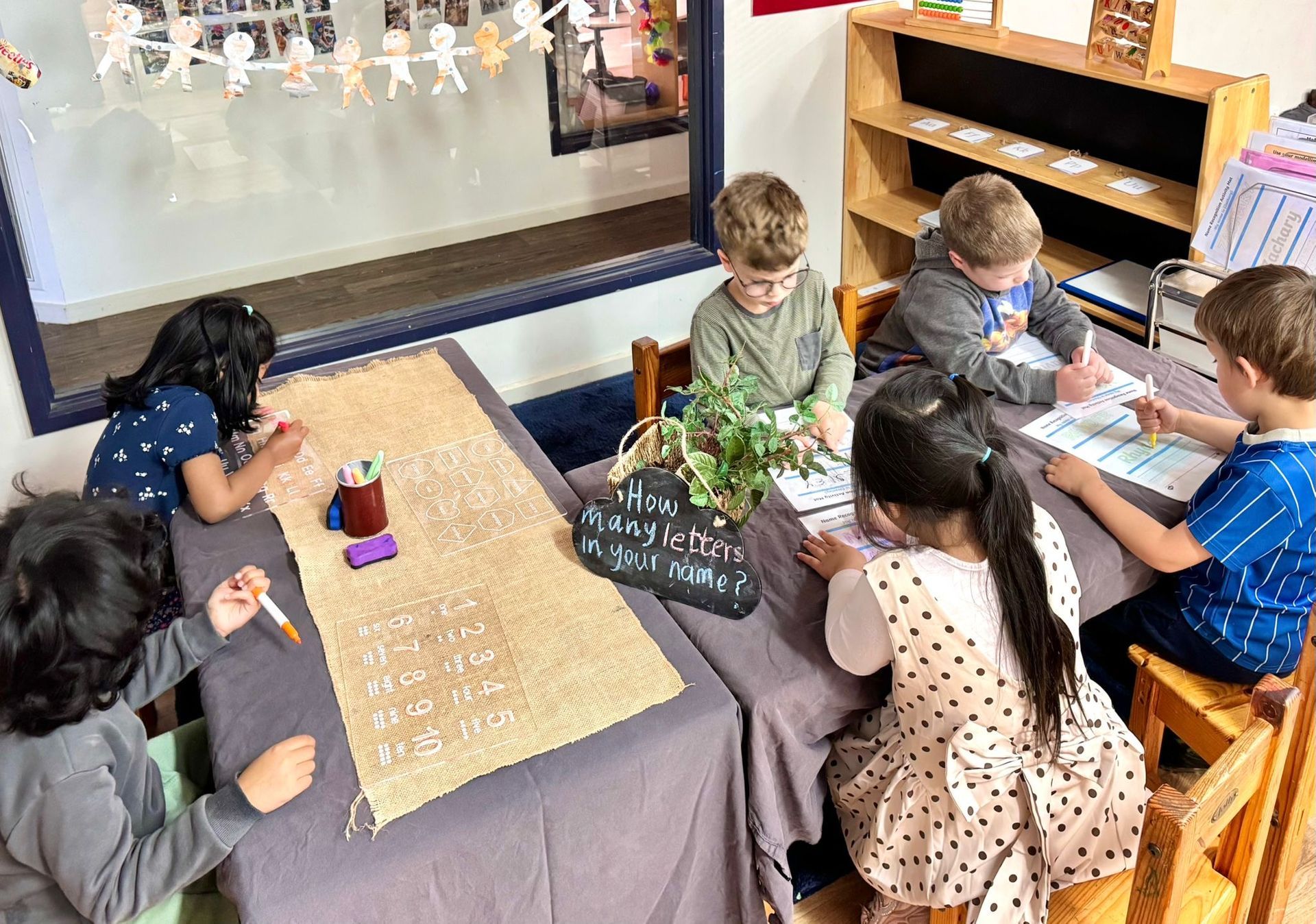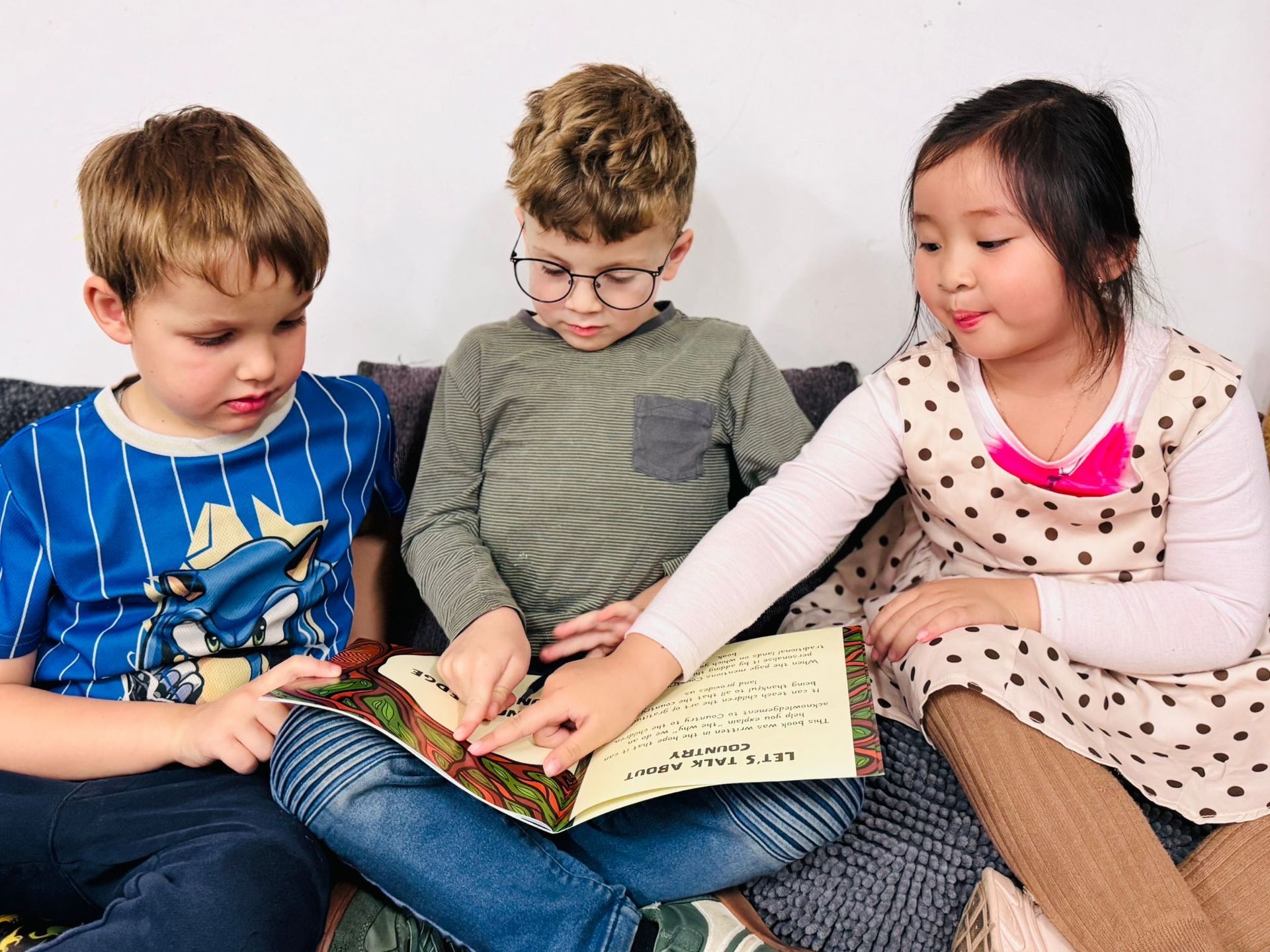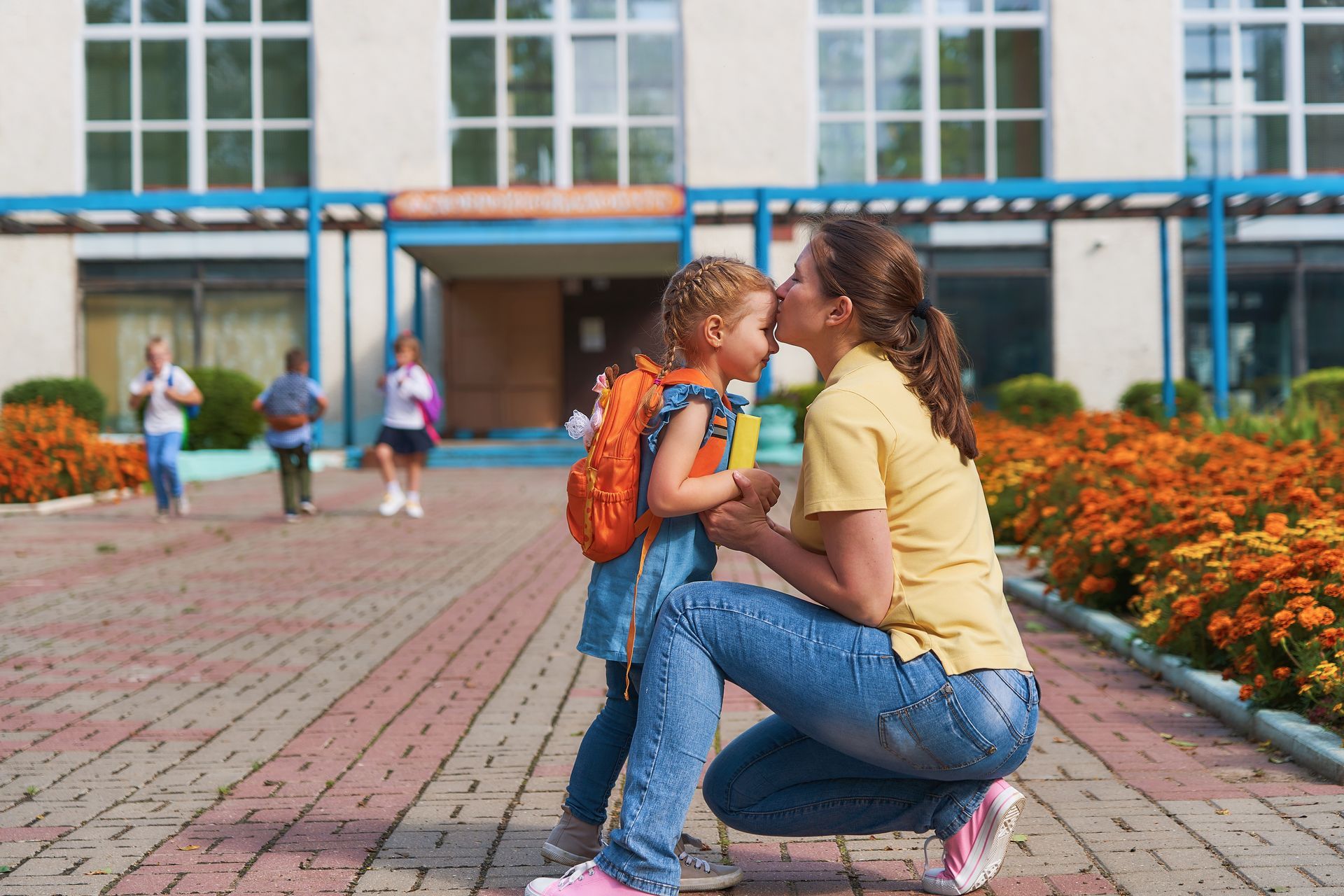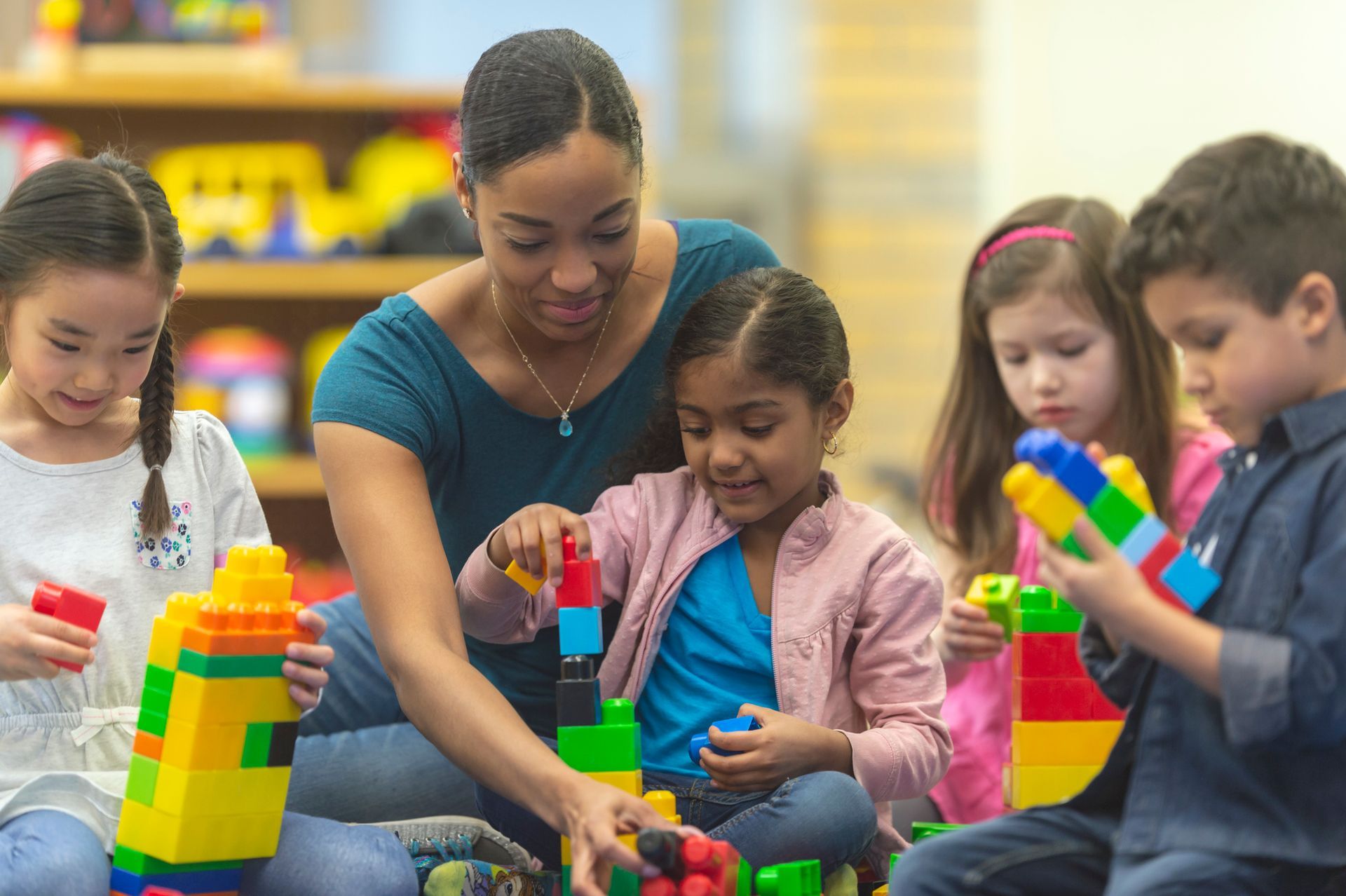Preparing Your Child for Kindergarten in Hampton Park
Getting ready for kindergarten in Hampton Park? You’re not alone! At 123KIDS, we understand that this milestone brings a wonderful mix of pride, excitement, and a few nerves — for both children and parents. With a few simple steps, you can help your child feel confident, support their wellbeing, and make the transition to kindergarten smoother for your whole family. Here are some gentle, practical ideas to get started.
Why Kindergarten Readiness Matters
Starting school is more than packs and labels; it’s about feeling safe, curious, and ready to learn. When children feel secure, they lean into new friendships, routines, and experiences with greater ease. A calm, prepared start to kindergarten helps children settle faster, which means more time for meaningful play and learning. The goal isn’t to “teach everything” beforehand but to build the foundation: independence, social skills, and a sense that school is a welcoming place.
Building Daily Routines That Boost Confidence
A steady routine gives children a sense of predictability, which reduces anxiety and supports smoother mornings. In the weeks before the first day, practise your intended wake-up time, breakfast, and getting-ready sequence.
• Try a visual checklist: wake up, toilet, get dressed, breakfast, brush teeth, shoes and hat, bag by the door.
• Keep mornings calm: prepare clothes and lunch the night before to prevent rush and stress.
• Use consistent cues: a favourite song, a kitchen timer, or a gentle reminder helps signal it’s nearly time for kindergarten without pressure.
Social and Emotional Skills to Nurture
Strong social and emotional skills are the cornerstone of a positive start. Children benefit from simple, everyday practice that builds resilience and empathy.
• Turn-taking and sharing: board games, block play, and simple co-operative activities teach waiting and fairness.
• Naming feelings: “I can see you’re frustrated; let’s breathe together” validates emotions and teaches regulation.
• Problem-solving: guide your child to try solutions—ask a teacher for help, use words, or suggest a turn timer.
• Separation confidence: short goodbyes at drop-offs, paired with a predictable pickup, help children trust that you’ll return.
These habits set children up to navigate the busy tapestry of
kindergarten
with confidence and kindness.
Language, Literacy, and Early Numeracy at Home
Learning happens naturally through conversation and play. There’s no need for formal lessons; instead, thread early literacy and numeracy into daily life.
• Talk, listen, and wonder together: describe what you see on walks, ask open questions, and enjoy back-and-forth chats.
• Read aloud every day: choose stories that spark imagination, rhyme, and repetition. Point to pictures, ask “What might happen next?”, and invite your child to tell bits of the story.
• Everyday maths: count fruit into a bowl, sort socks by colour, compare sizes when packing lunch, and spot numbers on letterboxes.
• Name recognition: write their name on artworks and lunchboxes and invite your child to find the matching label.
These gentle practices build the communication confidence that supports kindergarten learning across the day.
Practical Self-Help Skills for a Smooth Start
A few self-help skills make the first term more comfortable and independent for children.
• Toileting and handwashing: practise wiping, flushing, and singing a short handwashing song.
• Lunchbox practice: open containers and drink bottles at home so your child can manage them at school.
• Dressing skills: zips, buttons, and turning jumpers the right way out boost independence.
• Backpack routine: pack a hat, spare clothes, and a labelled water bottle; help your child check their own bag each morning.
Support your child with praise for effort—confidence grows when they see themselves succeeding in everyday tasks that matter at kindergarten.
Visiting the Centre and Meeting the Educators
Seeing the learning environment in person often reduces first-day nerves. A friendly walk-through can help your child link stories from home to what they’ll see in real life.
• Explore play areas: point out the blocks, books, garden, and creative zones.
• Practise the flow: show where to put the bag, where the toilets are, and where morning meetings happen.
• Meet familiar faces: a warm hello to educators before the first day helps your child recognise who they can look to for help.
Repeating a short visit can turn those first-day butterflies into excitement about the adventures waiting at kindergarten.
The Transition Process at Our Centre
A supportive transition is about pacing and partnership.
Here’s a common approach that helps families feel at ease:
• Step 1: Pre-start play. Children visit for a short play session while you stay nearby. This builds a positive connection with the environment.
• Step 2: Gradual goodbyes. Shorter initial days, flexible settling time, and a predictable drop-off routine help children feel secure.
• Step 3: Check-ins and feedback. You’ll receive updates about how your child is settling, which supports consistent strategies between home and centre.
With this approach, children feel safe enough to explore, form friendships, and embrace the joyful learning woven through kindergarten.
Orientation and Parent Information Sessions
Before term begins, orientation and parent sessions are a great way to clarify routines and connect with the community.
• What to expect: meet educators, tour learning spaces, and hear about daily rhythms, communication methods, and health and safety.
• Questions welcome: bring queries about lunchboxes, allergies, rest time, or communication apps so you know what will happen on a typical day.
• Child-friendly orientation: many sessions include a play component so children can explore while you chat and gather information.
Joining these events helps everyone feel calmer and more confident about the step into kindergarten.
Key Skills and Milestones to Watch For
Every child develops at their own pace, and there’s a wide range of “normal”. Keep an eye on these areas, celebrating progress rather than perfection:
• Social connection: shows interest in other children, joins play, and practises basic turn-taking.
• Communication: uses words to ask for help and can follow simple two-step instructions.
• Self-regulation: begins to manage big feelings with adult support and familiar strategies.
• Fine motor: enjoys drawing, threading, or playdough—hand strength and coordination support later writing.
• Gross motor: climbs, runs, balances, and navigates outdoor play safely.
• Independence: manages toilet breaks, handwashing, and simple packing away.
• Curiosity and persistence: shows interest in stories, puzzles, and hands-on play, and keeps trying with gentle encouragement.
These capacities help children make the most of the play-based learning that is central to kindergarten.
What to Pack and How to Prepare the Night Before
A little organisation goes a long way. Pack together so your child knows what’s in their bag and where to find it.
• Essentials: labelled hat, spare clothes, lunchbox with easy-to-open containers, drink bottle, and any required medical plans.
• Comfort item: a small, familiar object can be reassuring during the first weeks at kindergarten.
• Night-before routine: check the weather, set out clothes, prepare lunch, and pop the bag by the door. A calm start helps everyone.
The First Week: Gentle Starts and Celebrating Wins
Expect tiredness, big feelings, and lots of stories. Keep afternoons quiet and unhurried, with time for outdoor play, snacks, and early nights.
• Short, confident goodbyes: a hug, a phrase you’ll repeat each day, and a clear handover help your child transition into kindergarten more comfortably.
• Celebrate small steps: recognise acts of bravery, kindness, and independence—these are the building blocks of long-term confidence.
• Keep communication open: share observations with educators and ask for suggestions if something feels tricky.
Partnering With Your Child’s Educators
A strong connection between home and kindergarten helps your child feel secure, confident, and ready to learn.
- Share insights: Let educators know about your child’s interests, strengths, and any helpful routines or strategies you use at home.
- Stay connected: Keep up with notices and messages, check your communication app regularly, and make sure your contact details are up to date.
- Align routines: Use similar language and approaches at home and kindergarten to give your child a sense of consistency and comfort.
- Reach out early: If you have any concerns about speech, behaviour, or settling in, speak with educators promptly—early support makes a big difference.
Your child’s transition is a journey, and it’s normal for the pace to vary. With warmth, patience, and predictable routines, most children soon find their rhythm and thrive.
Learn more about how 123KIDS supports your child’s start—visit our
About page.
Contact Us Today for Your Child’s Next Big Step!
Starting early childhood education is a big milestone—and at 123KIDS, we’re here to make it a joyful one.
Book an orientation, join our parent information sessions, and discover how our supportive transition program helps children (and families!) feel confident and ready.
📧 Email: info@123kids.vic.edu.au
📞 Call: (03) 9799 9799
Our friendly team is here to answer your questions and help you secure your place. Let’s make your child’s kindergarten journey in Hampton Park confident, curious, and full of excitement—with
123KIDS by your side.



